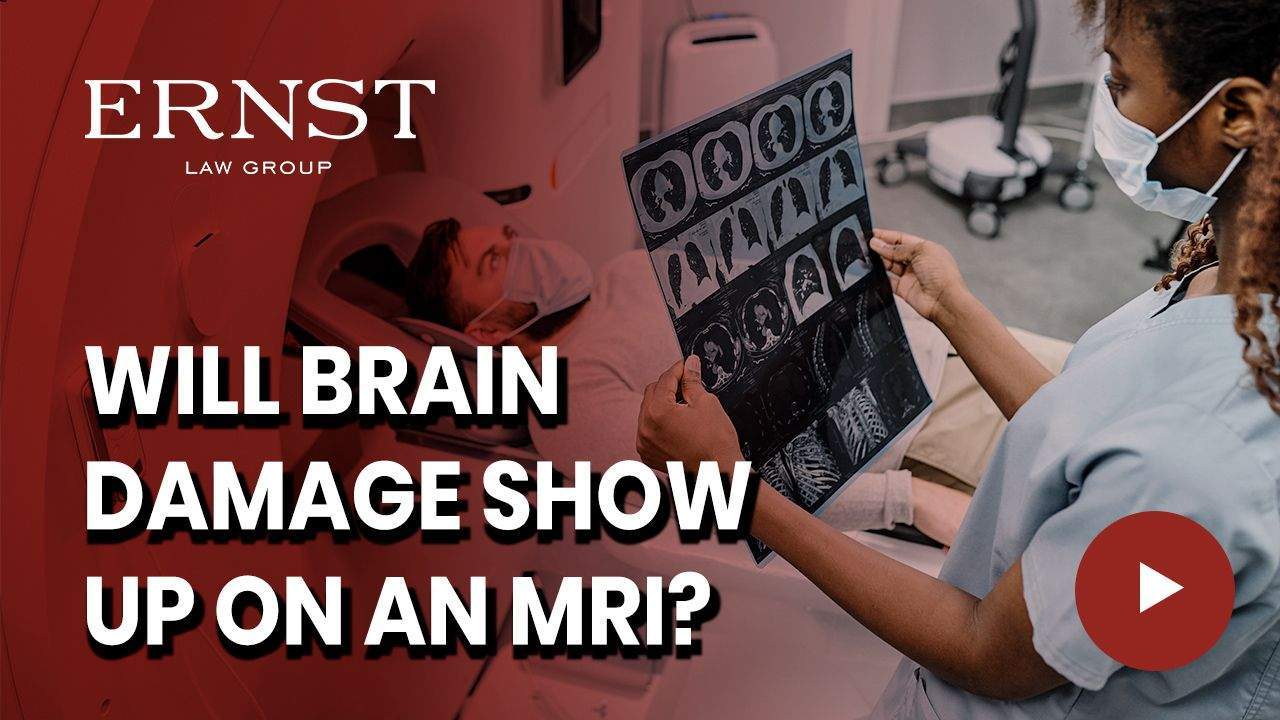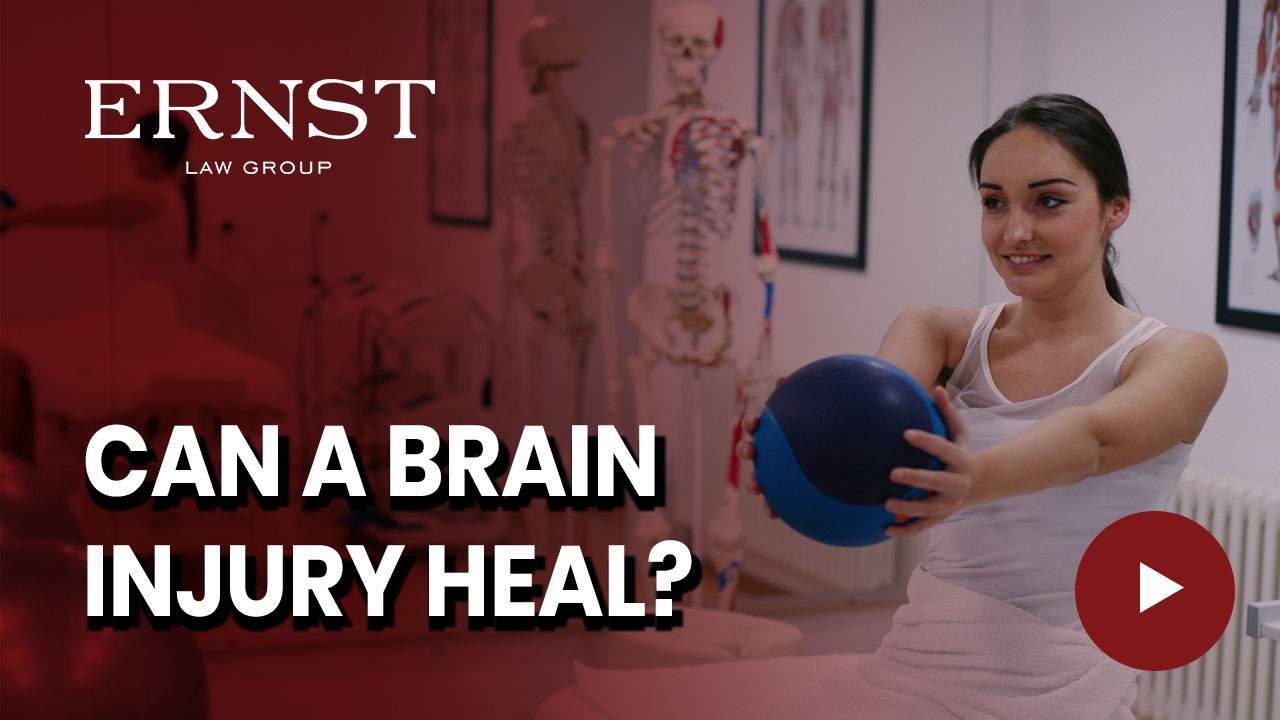Transcript:
So when dealing with a traumatic brain injury victim, one of the things that everyone needs to take into consideration is driving. There are some people after they suffer a traumatic brain injury, that they no longer feel safe to drive. There’s a number of reasons for it. Usually it’s related to the eyes. When you suffer a traumatic brain injury, a lot of the time there’ll be difficulties with vision afterwards. Either spots or lights will light up and they say, I can’t drive at night anymore. Or they feel uncomfortable with the amount of information coming at them while driving. And they just don’t feel safe anymore. Especially if they’ve got some type of PTSD. If their accident was caused by some type of car and they just don’t feel safe in the car, they don’t want to drive. I want to address that because a lot of the times people are like, well, should I drive? Should I not drive?
And what it really comes down to is you need a loved one to go out with the person who is a victim of a traumatic brain injury and see how they do. You want to make sure they’re in a situation where they’re safe. You’re not getting on a freeway or something immediately. You want to see how they’re doing driving. A lot of times, they’ll take a couple of months off and they can get back to driving and it’s fine. Other times after a traumatic brain injury, they never want to drive again. In this day and age with Uber, with Lyft, with cabs, with these other things, you can actually have a very functional life without ever driving again in a lot of ways that it isn’t a problem to not drive. You want to make sure that you’re not endangering other people on the road and there’s testing you can do to try and make sure that you feel safe or the loved ones taking care of the traumatic brain injury victim, feel safe if they’re going to continue to drive.
It’s something that we get asked by our clients all the time if they suffered a traumatic brain injury, “Should I be driving?” And we tend to ask them a series of questions. And we talk to some of the loved ones to help try and figure that question out. And while it’s a major sign of freedom of whether or not we should be able to drive or not, it’s something that’s very important because if somebody has suffered a traumatic brain injury and they’re out driving and they’re not safe, they’re going to get themselves or somebody else hurt again. And it just makes the situation that much worse. And so it’s a delicate subject, but it needs to be addressed head-on.
It’s something that a lot of doctors won’t come out and tell you, “Hey, you can’t drive.” But if you ask them, they will sometimes hesitate before they tell you this isn’t something you really should be doing with this type of brain injury. Generally it’s resulting from the eyes. There’s a number of other things that factor into it. Sometimes if you’ve got some seizures or seizure activity or possible seizures after afterwards, I think a bird just hit the window and it scared me.
If there’s some type of seizure activity afterwards that also will be something that the DMV will sometimes look to take the driver’s license away. So I want you just to be careful of that, think about it. And if you feel like finding out more about that, we’ve got some resources and other videos that discuss what you need to do to try and find out whether or not you can continue to drive, or if you need to talk to your loved one about maybe driving isn’t the best for you.








